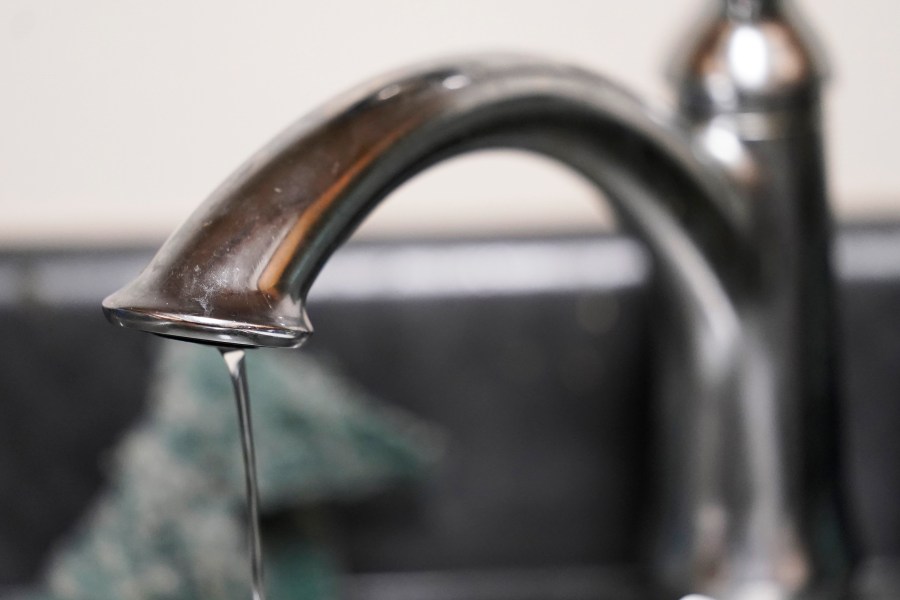Nashville, Tenn. (WKRN) — In addition to worrying about snow-covered roads when the coming snow arrives in Middle Tennessee, your water systems should also be of concern when temperatures dip down below freezing.
Middle Tennessee is bracing for anywhere from 4 to 8 inches of snow in some areas this weekend, with a winter storm watch issued by the National Weather Service.
Public works and utility crews are prepared and ready to tackle any issues that come up during the anticipated winter storm, but there are steps you can take indoors to keep weather-related emergencies from happening.
Clarksville Gas & Water recommends the following winter weather preparation tips:
- Close foundation air vents
- Unhook hoses from faucets and yard meters
- Open sink cabinet doors to allow heat to circulate around pipes—especially those located on exterior walls
- Allow your sink faucets to drip a trickle of water to prevent your pipes from freezing
Nashville Electric Service (NES) also has tips to help homeowners and renters save money during severe winter weather, including taking advantage of natural sunlight when possible and changing air filters.
Additionally, with higher electric bills anticipated during the weather, NES also recommends the following:
- Don’t crank up the heat: Your bill (and home) will be most energy-efficient when it’s close to 68 degrees Fahrenheit. Stay warm by layering up with sweatshirts and getting cozy with your favorite blanket.
- Take a closer look at windows and doors: Ensure heat isn’t escaping your home through drafty windows and doors. If you find any leaks, seal them with a strong sealant, weather-stripping or caulk. You can also block drafts with tight-fitting, insulating drapes or shades.
- Close the garage door: Garages are hotter in the summer and colder in the winter. Keep your garage door closed to buffer colder outdoor air from trickling into your home.
- Keep the oven door closed: While you may be tempted to heat your home with your oven, you shouldn’t. It’ll raise your electric bill and create a safety hazard in your home.
In addition to taking advantage of south-facing windows during the day and other weather prep, NES also recommends having an emergency kit in your home year-round so you can be prepared in the event of an emergency. Those kits should include:
- Water and non-perishable food items for at least three days
- Battery-powered light source such as a flashlight, LED lantern, or LED candles
- Fully charged portable phone charger
- First aid kit
- Extra batteries
- Emergency telephone numbers
- Whistle signal for help
- Local maps
- Blankets or battery-operated fans, depending on the climate
- Individual needs for infants, seniors, pets, or family members with unique health conditions
If you have outdoor faucets, you should also cover them with faucet covers or freeze caps, which help insulate them from the cold and help prevent freezing.




